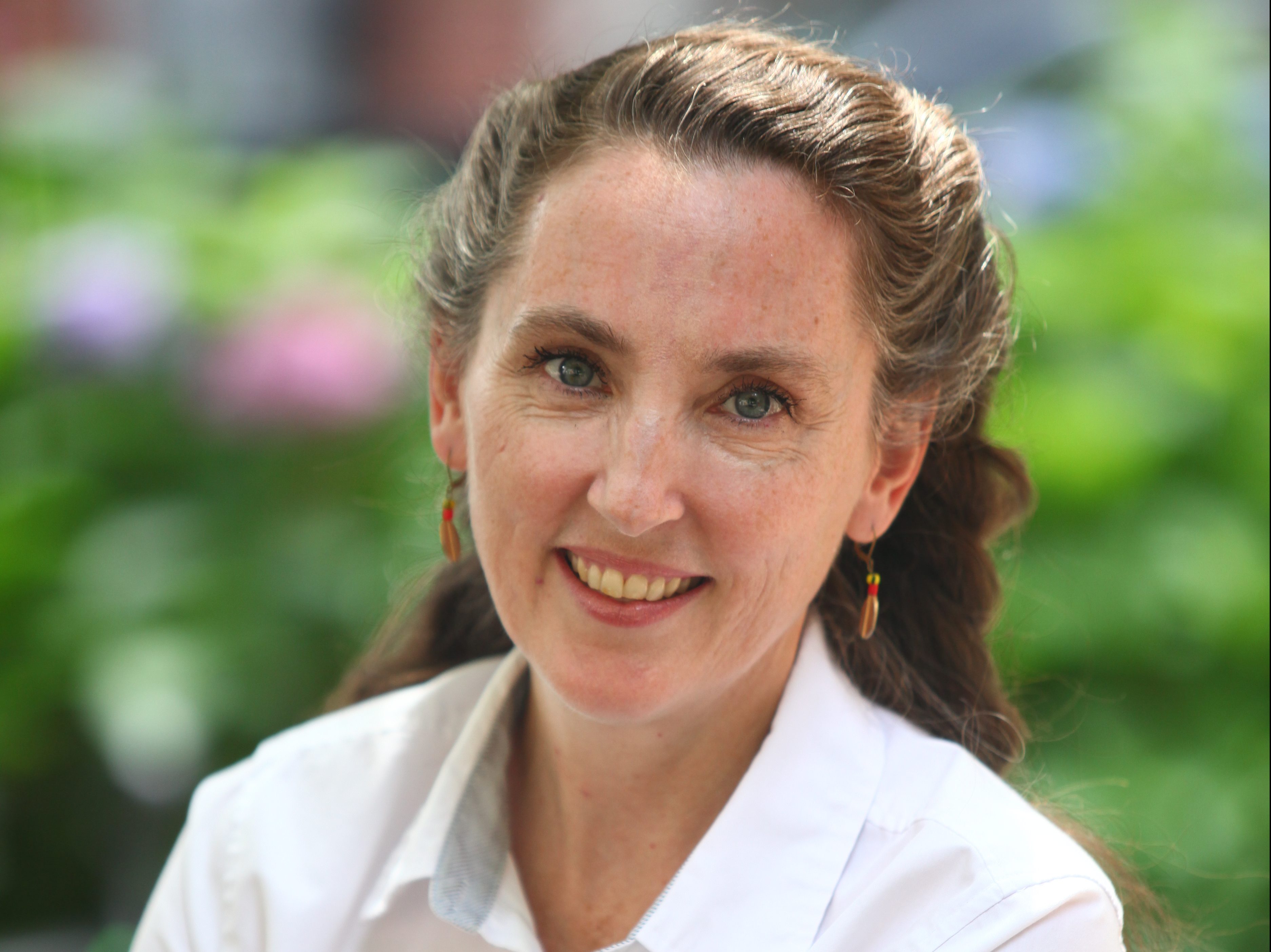Her chapter explains how two great Japanese Buddhist masters described their philosophies of form.
This month, Pamela D. Winfield published a chapter in “The Routledge Handbook of Material Religion” ed. Jennifer Hughes, Pooyan Tamimi Arab, and S. Brent Plate (Routledge Press, 2023).
“Material Theories in Japanese Buddhism: What Kūkai and Dōgen Thought About Things” appears in the first section of the volume dedicated to the world’s diverse “Genealogies of Material Religion.” Her chapter explains how two great Japanese Buddhist masters described their philosophies of form. As opposed to Greek and Christian neo-platonic cosmology that posits a vertically oriented emanation of forms from an ineffable source, these two Buddhist masters describe a radically immanent and horizontally-oriented dependent arising of forms that manifest in and as emptiness. Kūkai describes form and emptiness ontologically as mutually reflexive terms, but Dōgen sees them epistemologically as the experience of form, then emptiness, then form again (albeit in a transformed light). Her analysis in this volume thus contributes to our understanding of materiality both across and within religious traditions.



